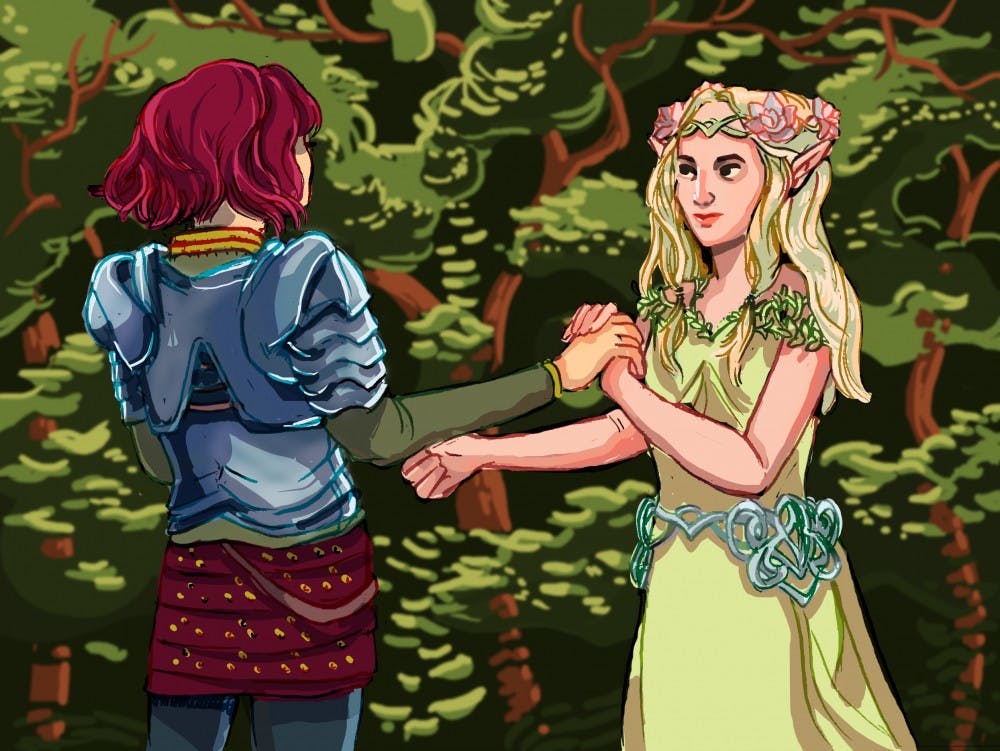“I WAS IN THE MIDDLE before I knew I had begun.” Mr. Darcy’s sentiments about his love for Lizzie in Jane Austen’s classic “Pride and Prejudice” accurately portray my relationship with fanfiction, and I would venture that it’s true for most people who dare to venture down this literary rabbit hole.
People love to see themselves represented in pop culture. It is why we sort ourselves into Hogwarts houses, watch season after season of “Grey’s Anatomy” and cry when listening to that one Frank Ocean song (he just gets it). But for a lot of people, especially the queer community, it is hard to see themselves represented in mainstream media.
To combat the lack of representation, young queer writers began to write slash fanfiction — a subset of the genre specifically created to write LGBT+ storylines into popular books, movies and television shows — back when Kirk and Spock were still gracing televisions in the ‘70s. The popularity of slash is phenomenal and cannot be ignored.
With thousands of storylines drawing on everything from Naruto to One Direction, writers began to create stories they identified with into narratives we straight people have been identifying with since the dawn of literature. They are writing passionate, complex and fully fleshed out relationships within mainstream stories. Authors and bibliophiles alike may scoff at the “inherently amateur” nature of fanfiction, but a lot of it is actually good and extremely popular.
One slash piece by writer ivywoman63 on popular fanfiction site Archive of Our Own is about a pre-existing lesbian relationship on the CW show “The 100.” Published less than a year ago, the 20-chapter fanfic has already garnered more than 35,000 hits, more views than many published novels receive. One of the most popular works on the entire site, a Harry Potter/Draco Malfoy slash by Starlight_massacre, has more than 337,000 hits. So maybe the representation isn’t quite there in mainstream media, but an audience certainly is.
By literally taking control of the story, slash writers are not asking to see something meaningful; they are just doing it themselves. And while the genre has a long way to go to garner more acceptance in the literary community — it is hard to take something seriously when it includes biblical fanfiction — the impact and resonance slash has with LGBT+ people is reason enough to give it its own space in mainstream culture.
So go read some fanfiction; you might find something that you connect with — as long as it is not “Supernatural” brocest.



